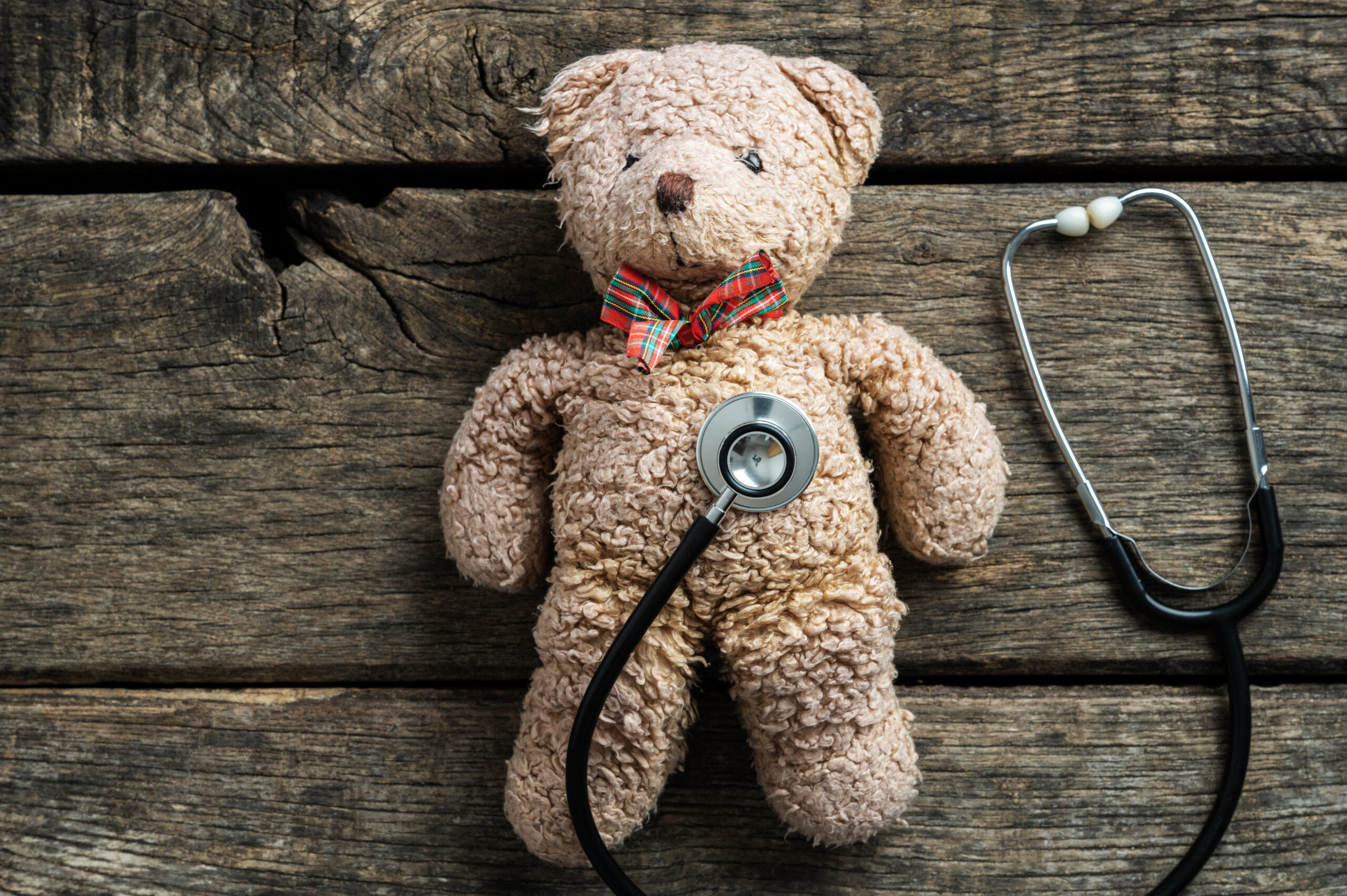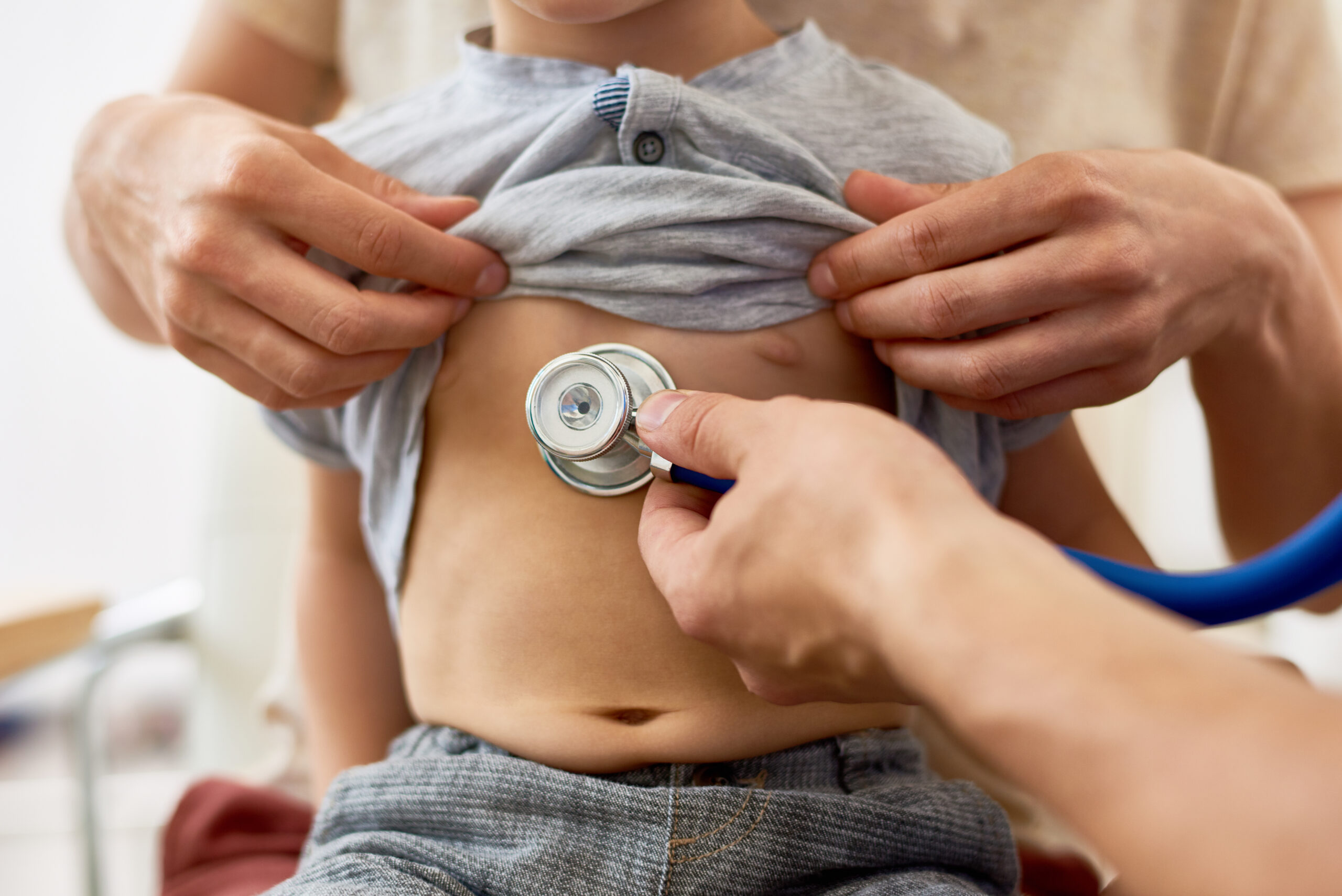A Parent’s Guide to Pediatric First Aid

It’s a parent’s responsibility to keep a child safe. However, not every parent understands the steps they can take to prevent injuries and medical conditions. This article will serve as a parent’s guide to pediatric first aid. It will provide guidelines parents can follow to keep their children healthy.
Prevention is the First Step
The best practice is to prevent accidents from happening. Parents can keep their homes safe by:
- Ensuring Carbon Monoxide and Fire Alarms are Working: Carbon monoxide and fire alarms will alert you in an emergency so you can get family members to safety.
- Baby-proofing the Home: Parents with young children should baby-proof their home by installing outlet covers, buffers on sharp fixtures, and baby gates. They should also keep toxic ingredients away from children.
- Keeping the Home Clean: A clean home reduces the spread of germs. It also eliminates tripping hazards.
- Avoiding Choking Hazards: Parents can avoid choking hazards by keeping unsafe toys and foods away from their children. Depending on age, you may have to puree food or cut it into small bits.
First Aid for Parents
Parents can take the following steps to keep children safe in case of an emergency:
- Have a First Aid Kit on Hand: Parents can purchase a stocked first aid kit or make their own kit. Include bandages, antibacterial solutions, insect bite relievers, painkillers, eye wash, scissors, tweezers, and medical tape for optimal safety.
- Learn CPR: Parents should take CPR classes to address breathing and heart-related issues.
- Learn How to Deal with Choking Hazards: Parents can reduce the risk of choking hazards by learning the Heimlich maneuver. The Heimlich maneuver is not recommended for children under 12. A combination of backslaps and chest thrusts should be used instead.
Teach Children About First Aid
Parents should teach older children about first aid so they know what to do in an emergency. Valuable lessons include:
- How to Call 911: Children should know how and when to call 911 and what information to give operators in an emergency.
- Teach Children CPR: The minimum recommended age for CPR classes is 13. However, if your child can pass the written and skills test, they can take classes at any age.
- Familiarize Them with Basic First Aid: Show children where you store your first aid kit. Familiarize them with the items in the kit and how to use them.
Consider Prestige Home Care Agency for Pediatric Care
Prestige Home Care Agency can aid parents who require extra care. We offer care at home, in transit to school, and after school. We help new mothers by providing newborn health assessments, lactation consultation, emotional support, cesarean recovery support, vital sign monitoring, and more. Prestige Home Care also offers nursing services, including bowel and bladder management, ventilator support, medication management g-tube and nutritional support, and seizure precautions and management.
We have served the community since 1995. We are Medicare-certified and offer various options to keep care affordable. Contact us to find the solutions that keep your child safe.
